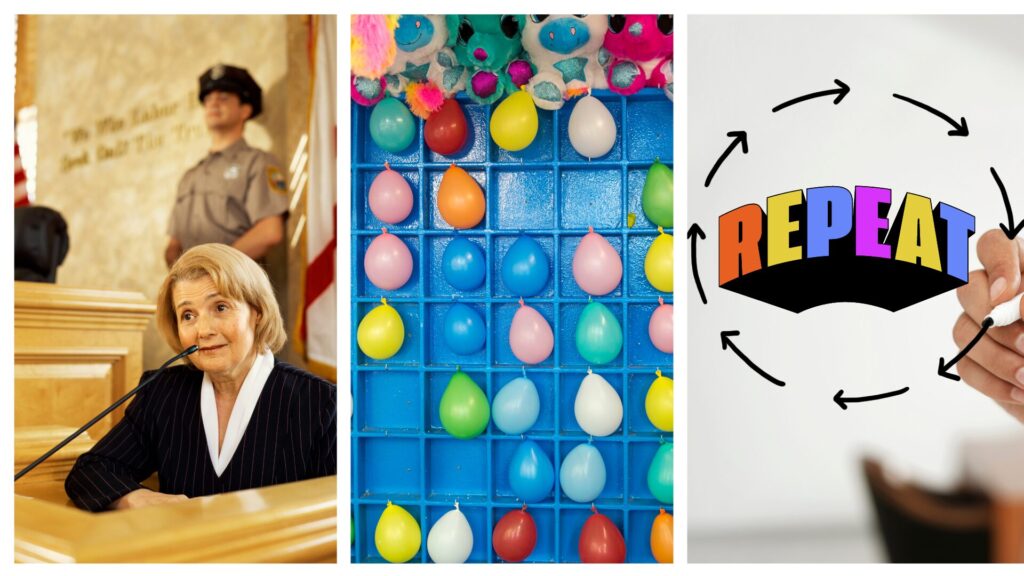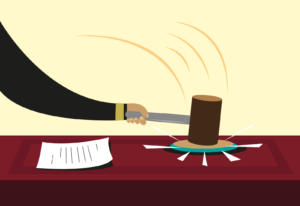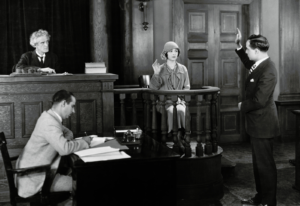One of the best litigation attorneys I ever worked with started out as a carnival worker. His road from carnival tent to courtroom was certainly unusual, but the traits that made him successful in both have more in common than you might think. In today’s legal environment where juries are trial savvy from watching high profile cases in real time, the ability to engage a jury and convince them to side with your client takes more than just good facts and knowledge of the law. For better or worse, successful trial attorneys often have showman traits that when combined with intellectual ability enables them to convincingly tell their clients’ stories.
Traits of Successful Litigation Attorneys
Emotional Intelligence: Effective carnival workers and trial attorneys have a keen understanding of human emotions and motivations. Both must use this understanding to build rapport and connect with their target audience. One way each does this is by telling a believable story designed to engage the audience and encourage them to take the action requested; to play the carnival game of chance or to find the defendant liable at trial.
Quick Thinking and Adaptability: Each day, crowd, and town are different for a travelling carnival. As a result, carnival workers must be able to think quickly and adapt to ensure that the show goes on without a hitch. The same can be said for trial proceedings. Witnesses forget and change their testimony. Evidence is objected to and not allowed in by the judge. Attorneys must be prepared to respond to unexpected developments and weave them into the story they are telling the jury. The ability to think quickly and to adapt are skills experienced carnival workers and trial attorneys rapidly develop.
Repetition and Persistence: Convincing strangers to do something takes persistence, especially in a crowd or a jury box. To do this carnival workers and litigation attorneys must be believable. Research shows that repeated information is perceived as more truthful than new information. So, when a carnival worker tells you it is a simple game, demonstrates it himself, points out that someone else has been successful and then encourages you to try, you believe him and do. This is called the rule of threes. Human experience has demonstrated that people are able to understand and remember things that are grouped into three sections. The rule of threes has been applied for thousands of years in music, plays, stories, speeches, and sayings. The rule of threes is applied the same for juries at trial. Attorneys tell a jury what the evidence will show in opening argument, present the evidence during trial, and then summarize the facts and law that support the story being told throughout the trial and encourages a jury to find for their client. Both carnival workers and trial attorneys utilize the rule of threes to enhance their believability and through repetition and persistence convince their audiences to take the requested action.
Different Worlds, Same Result
The journey from carnival tent to courtroom may seem improbable, but the shared traits between effective carnival workers and successful litigation attorneys highlight the unexpected parallels between these seemingly disparate worlds. Emotional intelligence enables both to understand and connect with their audience on a deep level, whether it’s enticing carnival-goers to play a game of chance or persuading jurors. Quick thinking and adaptability are indispensable attributes in navigating the unpredictable nature of both arenas. Finally, the power of repetition and persistence emerges as a key strategy, with the rule of threes guiding both carnival workers and trial attorneys in crafting compelling narratives that resonate with their audience and drive them towards the desired outcome. Ultimately, the success of both hinges not just on facts and knowledge, but on the ability to engage, persuade, and tell a compelling story.























